This week, the Supreme Court seemed to express a willingness to review a significant case involving Hawaii’s claims against big oil companies.
The state wants to hold these companies responsible for their contributions to global warming. The high stakes of this legal challenge could potentially transform the landscape of environmental accountability.
Justice Department’s Input Sought by Supreme Court

The Supreme Court has called upon the Justice Department to provide its opinion on the lawsuit brought by the City of Honolulu against leading fuel companies, including Sunoco, Exxon, and Chevron.
The lawsuit claims that these companies did not adequately warn consumers about the risks associated with their greenhouse gas emissions. This step by the Supreme Court suggests a serious consideration of the case.
Financial and Environmental Implications of the Lawsuit
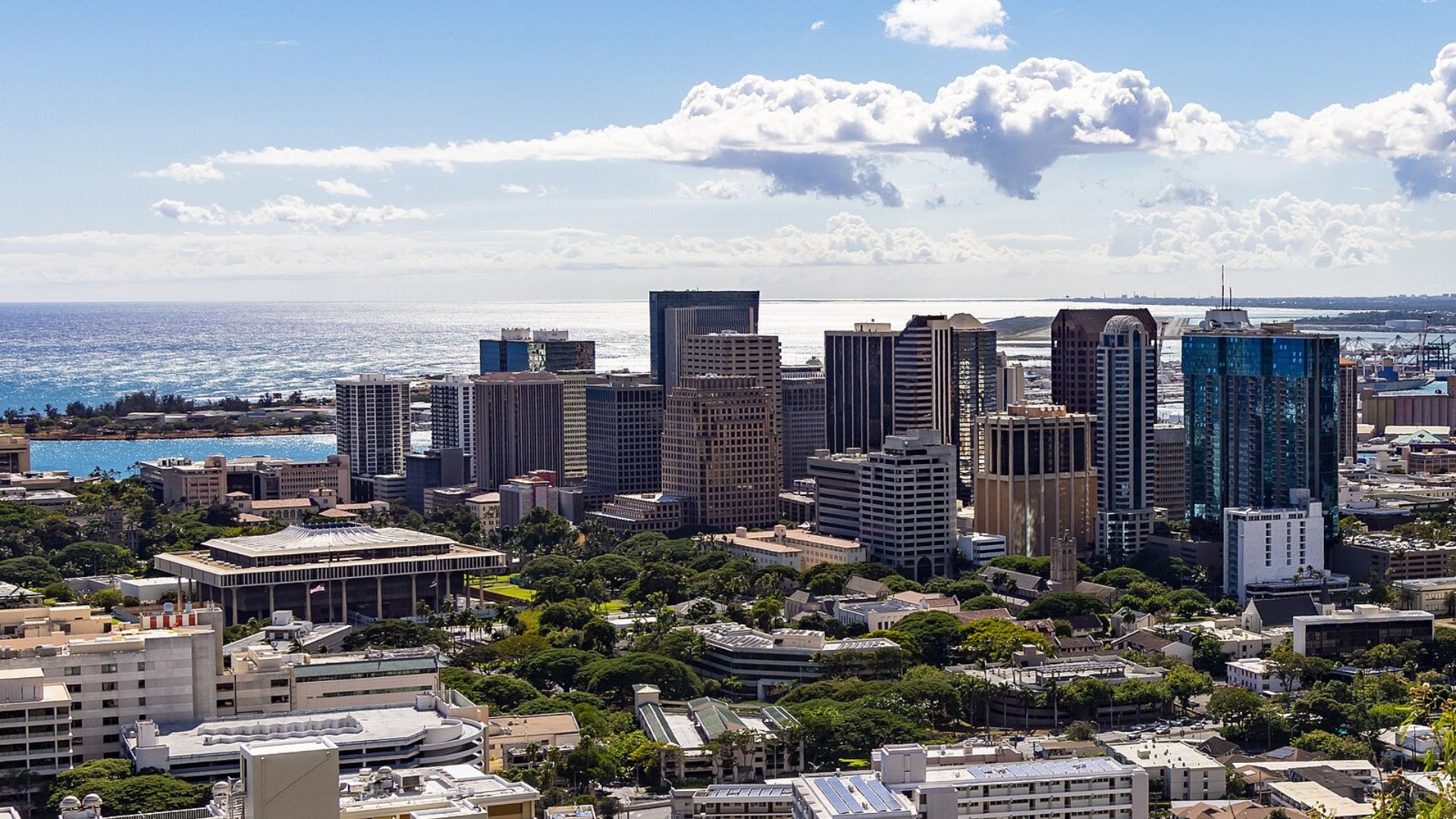
Honolulu’s lawsuit asserts that oil companies should compensate for the damages caused by climate change, which include severe weather events, sea level rise, and global warming.
The city argues that these companies are responsible for significant environmental and infrastructure damages, and billions are needed for corrective measures.
Dispute Over State Versus Federal Jurisdiction
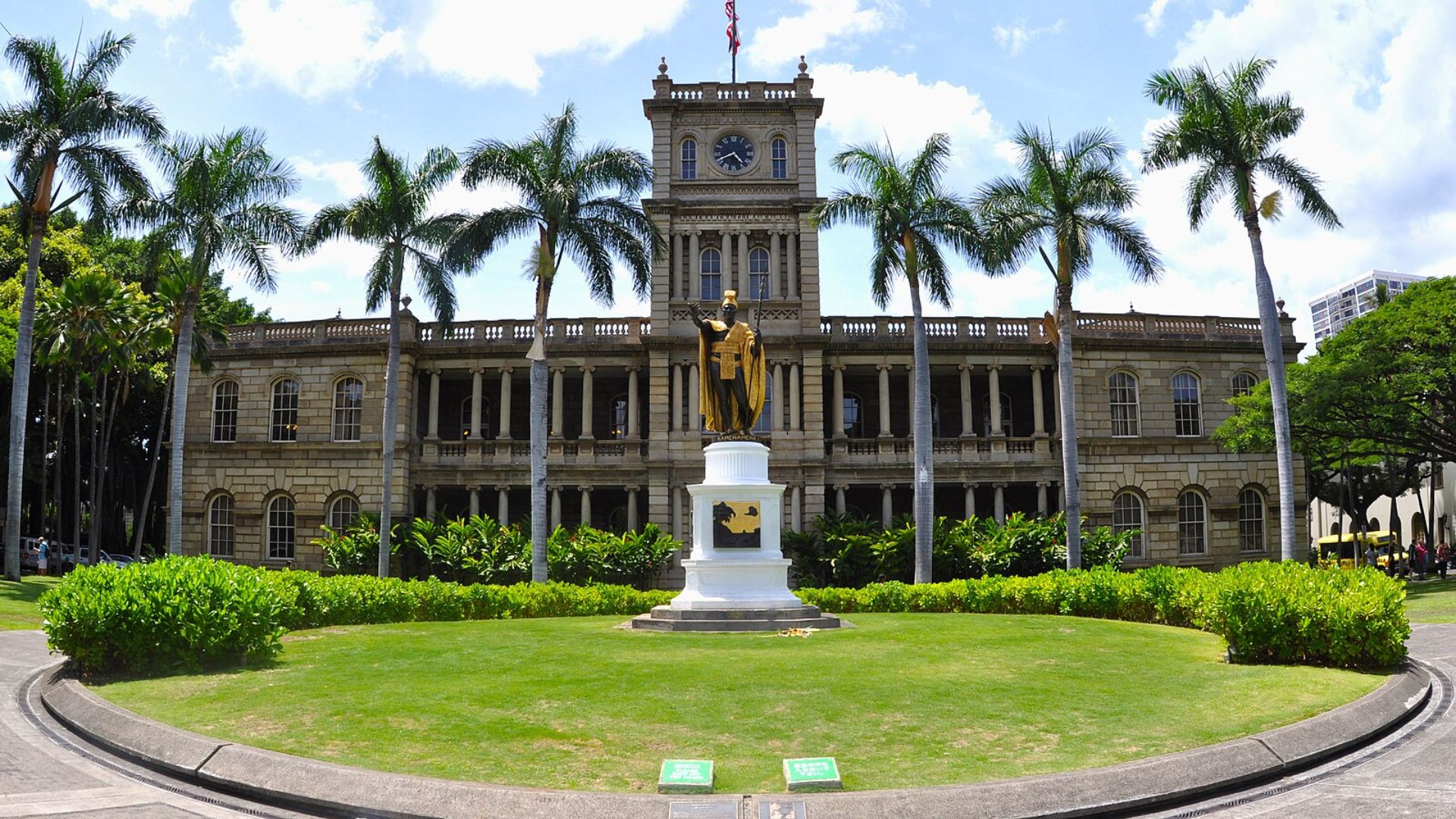
The energy companies initially appealed to the Hawaii Supreme Court, claiming that federal law should preempt state legislation, effectively blocking states from setting independent energy policies.
However, the Hawaii Supreme Court rejected this claim, stating that the case was justified under state law and should proceed to trial.
Legal Precedents and Conflicts Highlighted

“The Hawaii Supreme Court’s decision flatly contradicts U.S. Supreme Court precedent and federal circuit court decisions,” stated Theodore J. Boutrous, Jr., a lawyer for Chevron, in an interview with Fox News Digital.
This statement underlines the potential legal inconsistencies that the U.S. Supreme Court may need to resolve.
Democrats Concerned Over Supreme Court’s Alleged Bias
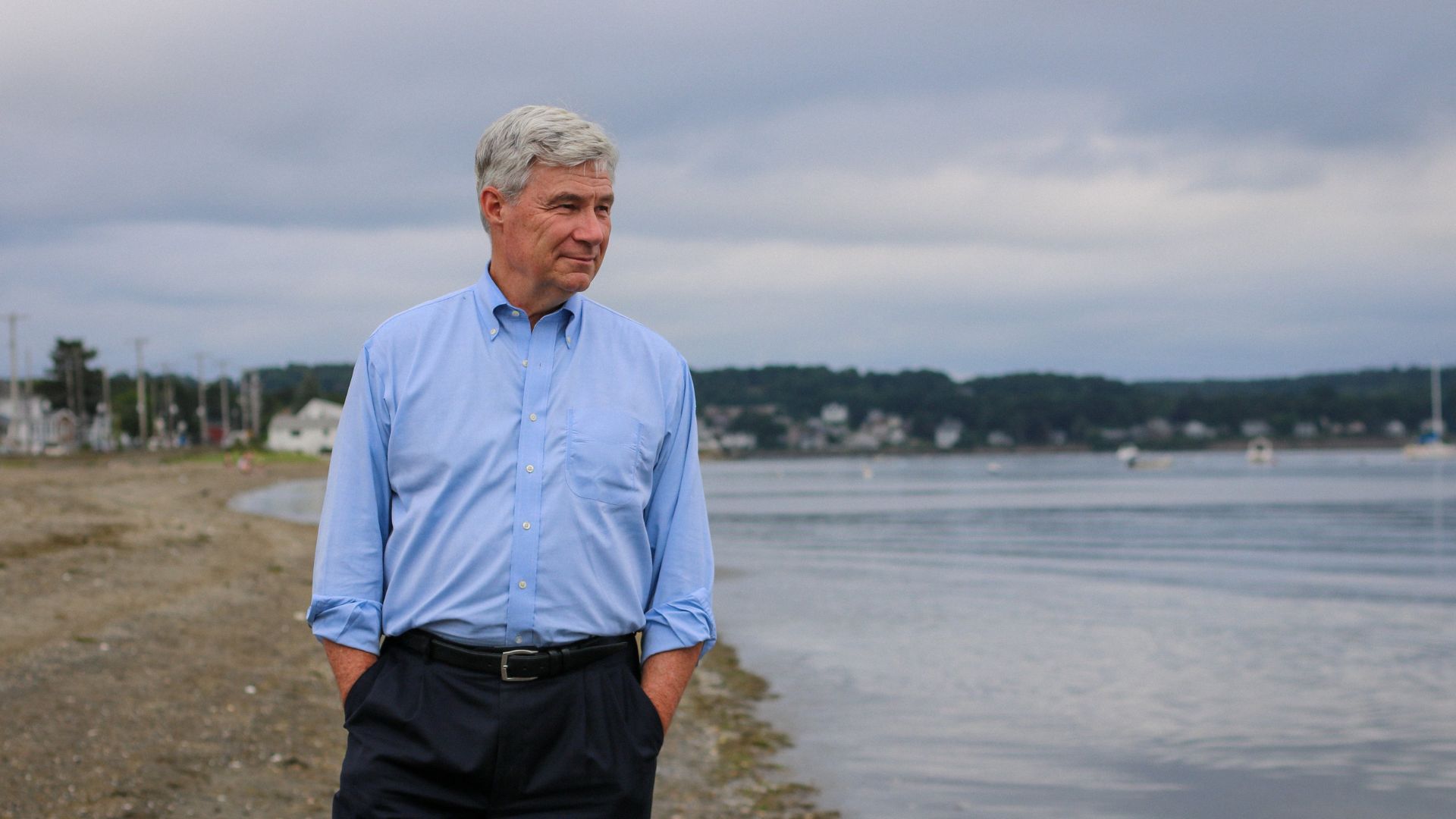
Senator Sheldon Whitehouse expressed concerns last week about the Supreme Court being influenced by the fossil fuel industry.
He posted on X, formerly Twitter, stating, “[t]his captured Court’s delays of and interference in fossil fuel emissions regulations have already saved the polluters hundreds of billions — way more than they spent to capture it.”
Allegations of Fossil Fuel Industry Evading Accountability
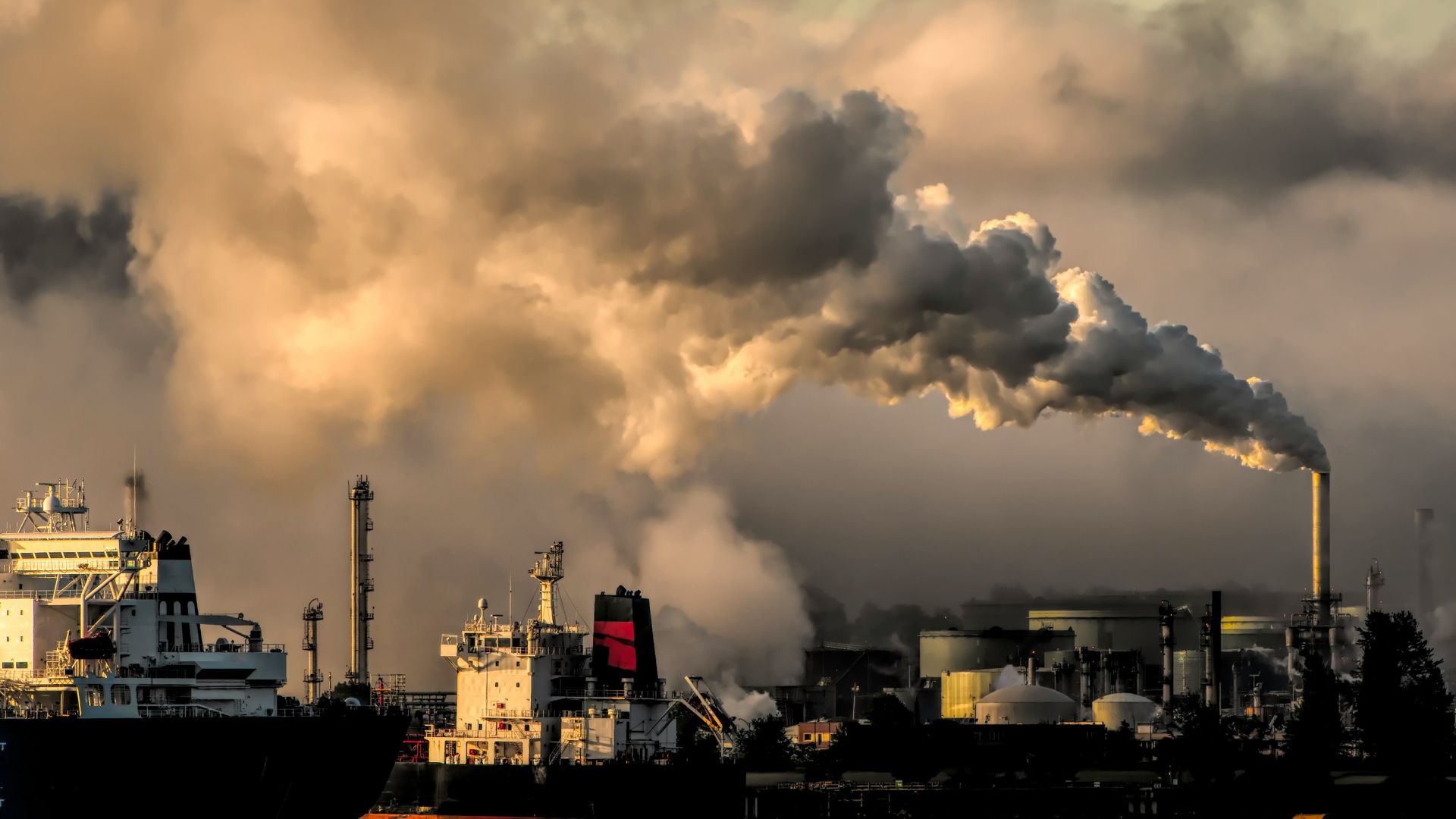
Lisa Graves, from True North Research, argued in Rolling Stone that fossil fuel companies are avoiding legal responsibility with the help of groups that have helped appoint the majority of the current justices.
This raises questions about the neutrality and independence of the court in cases involving major industrial stakeholders.
The Federalist Society’s Influence on the Court
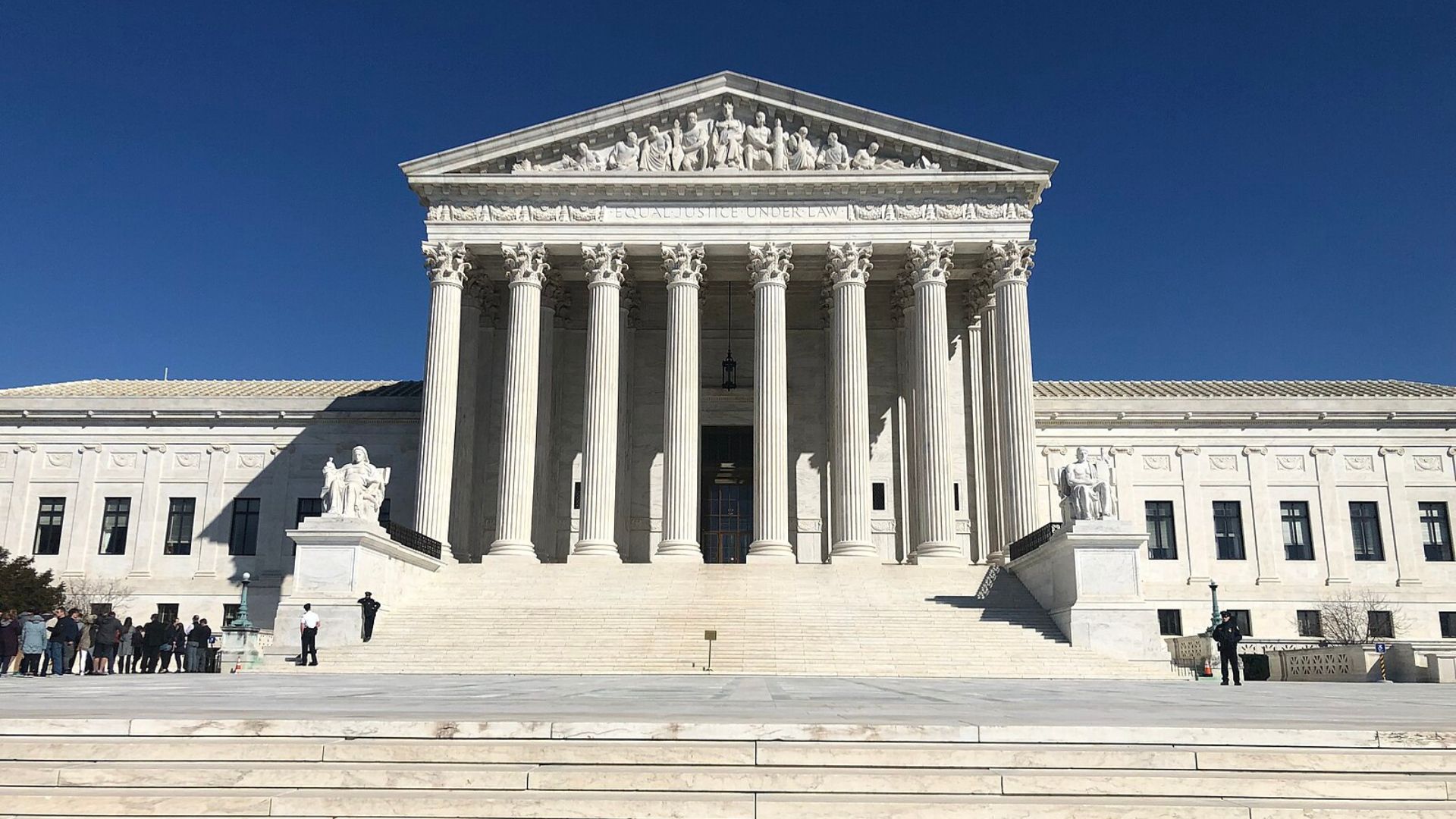
The involvement of the Federalist Society, a conservative legal group, in advocating for the Supreme Court to hear the case has been noted.
This group has been instrumental in recommending justices for Republican administrations, which highlights the political dimensions underlying judicial appointments.
Strong Words from Hawaii’s Chief Justice
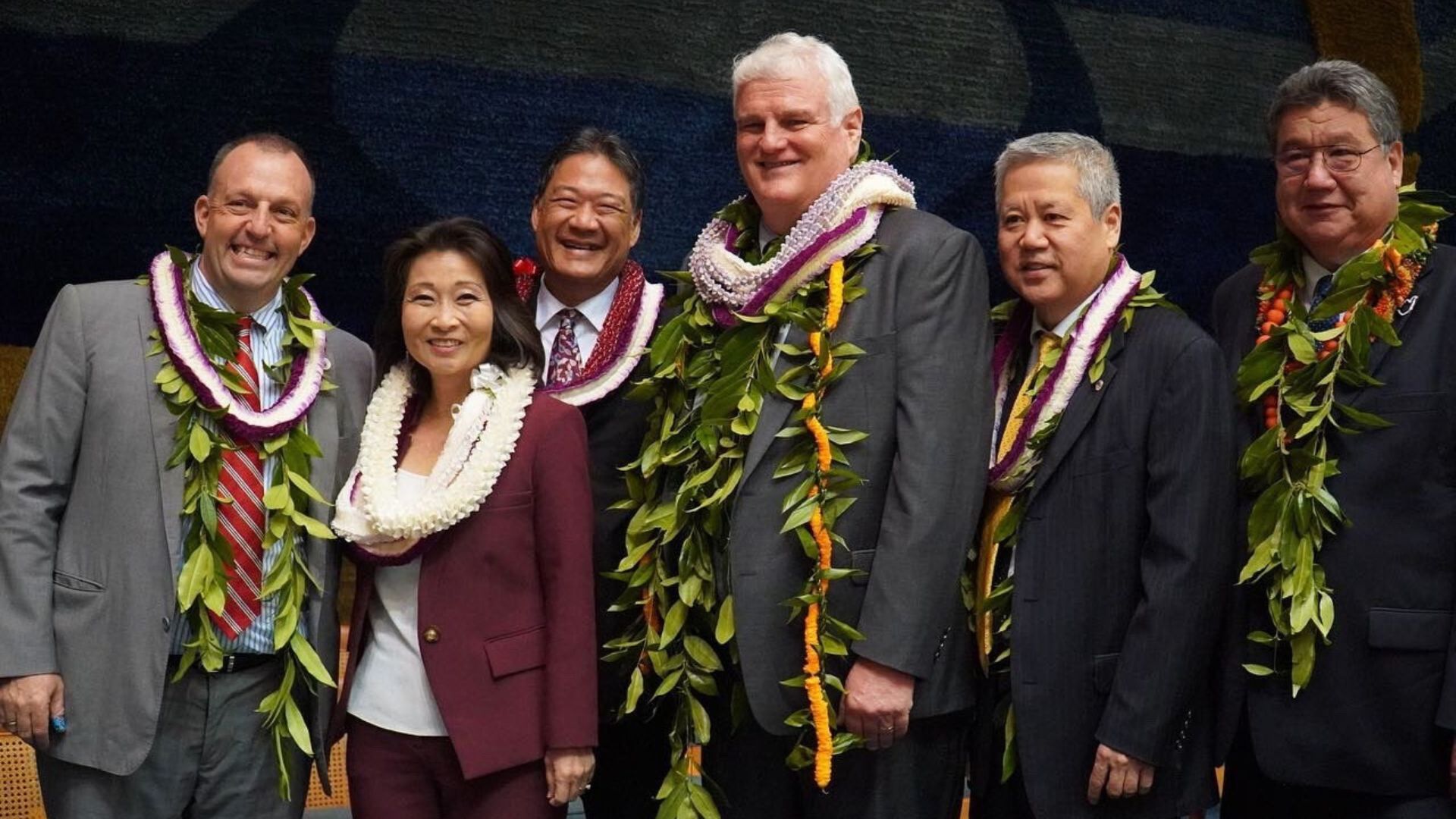
Chief Justice Mark Recktenwald of the Hawaii Supreme Court criticized the defendant companies for knowingly misleading the public about the dangers of fossil fuels.
He accused them of engaging in sophisticated disinformation campaigns to obscure the science of global warming, which has exacerbated the environmental crisis.
Educating Judges on Climate Litigation
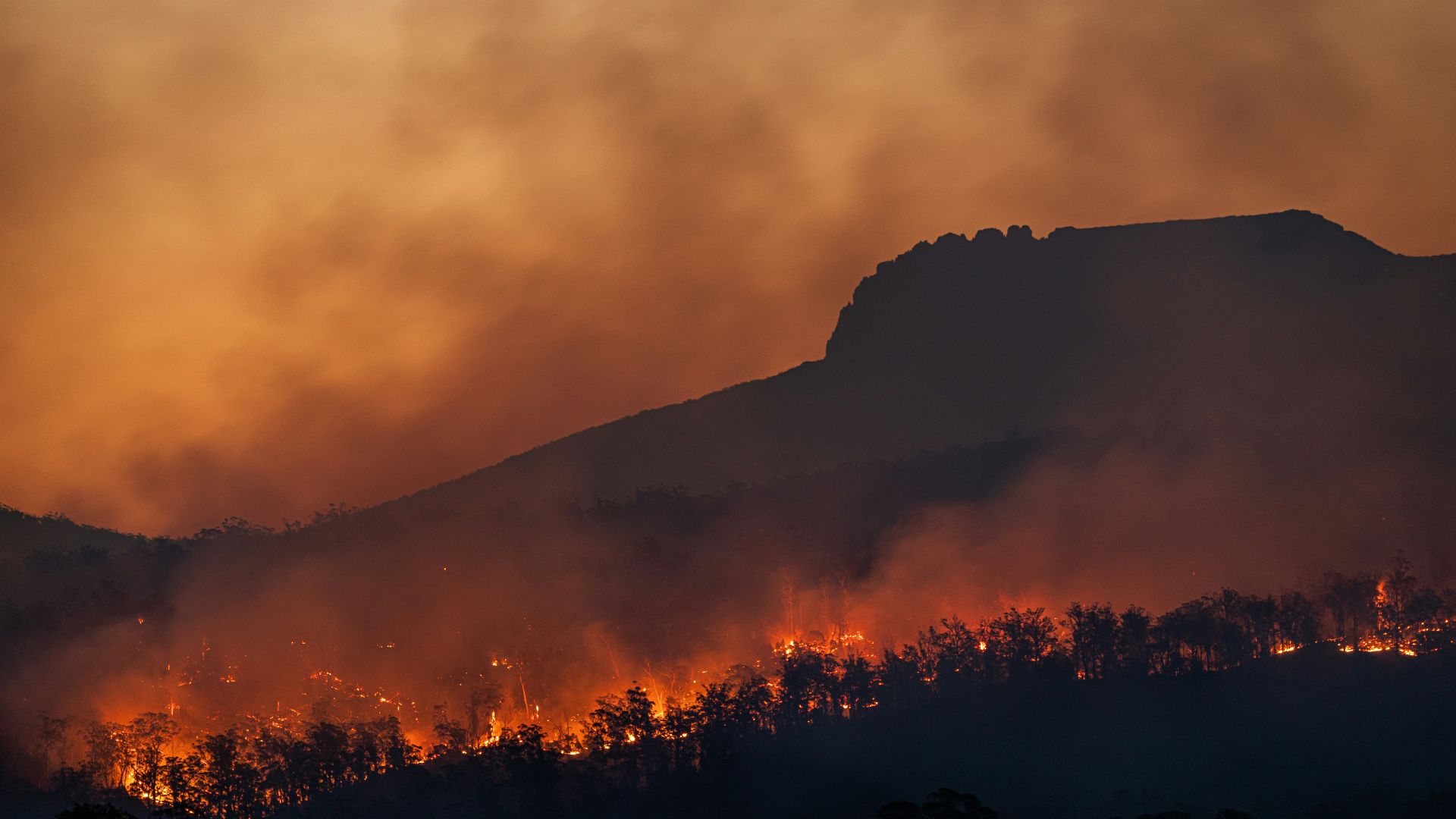
The Climate Judiciary Project, run by the Environmental Law Institute, aims to educate judges on the complexities of climate science and related legal principles.
This initiative reflects the growing recognition of the need for judicial understanding of scientific and environmental issues in litigation.
Controversy Over Dark Money in Climate Litigation
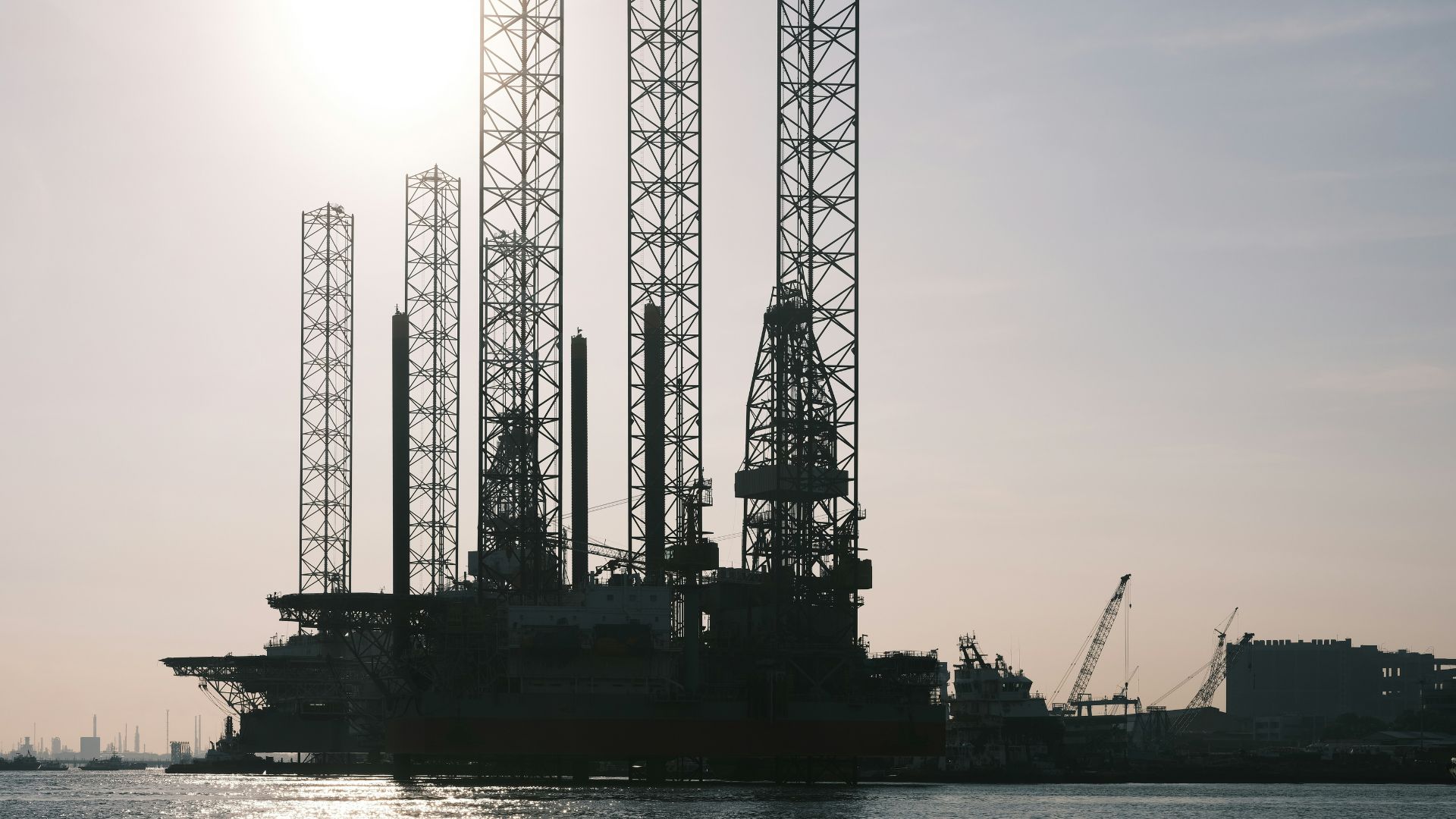
The involvement of dark money in supporting legal challenges against fossil fuel companies has been highlighted by critics.
Fox News noted that Sher Edling, LLP, representing Honolulu, received funding from liberal dark money sources, which adds a layer of complexity to the motivations behind environmental lawsuits.
Supreme Court’s Decision Anticipated on Sunoco v. Honolulu
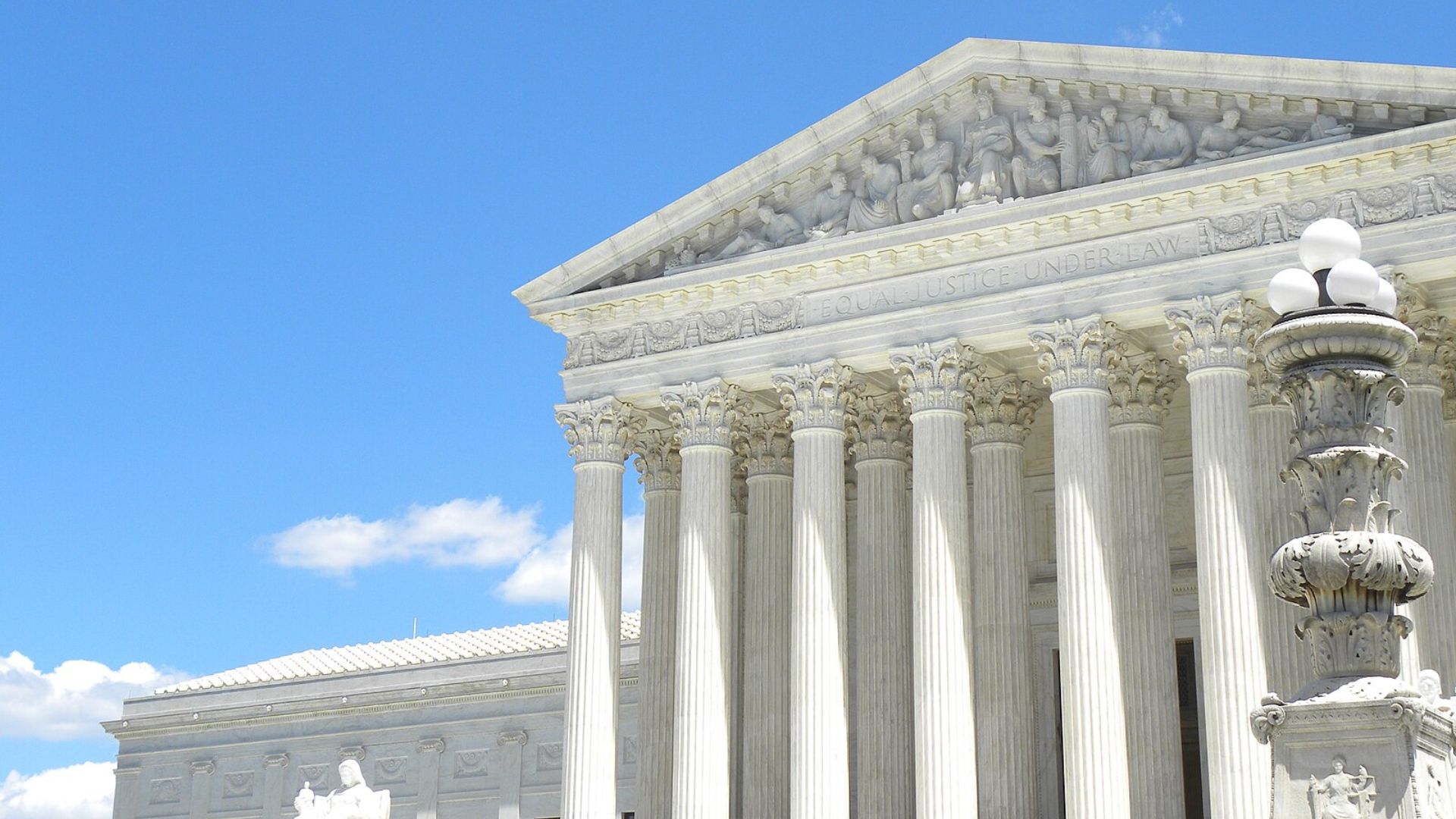
The Supreme Court’s decision to possibly take up the Sunoco v. Honolulu case could come soon.
This decision will not only affect the involved parties but could also set significant precedents for how environmental claims are handled in the United States, influencing future litigation and environmental policy.
